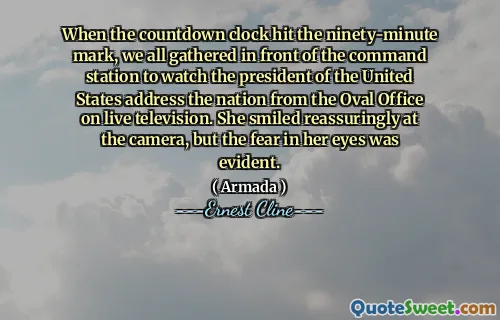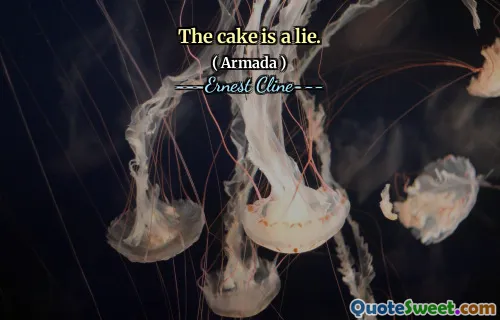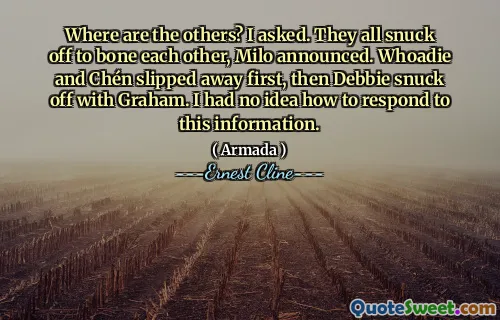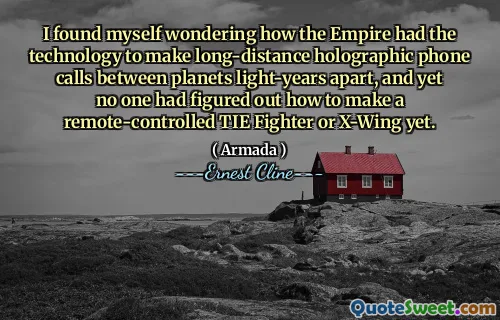
The cake is a lie.
The phrase "The cake is a lie" originates from the popular video game Portal, where it is used as a recurring motif to suggest that a promised reward is actually a falsehood, an illusion meant to manipulate or motivate. Beyond its context in the game, this phrase has evolved into a cultural meme that symbolizes deception and the disillusionment that can accompany pursuits of incentive. It captures a universal human experience: the anticipation of reward often outstrips the reality, leading to feelings of betrayal or existential doubt when our expectations are dashed.
This particular quote, painted on a corridor wall in bright red spray paint, also evokes themes of rebellion and dissent. Graffiti, as a form of street art, frequently carries messages of protest or commentary on societal issues. Using such an iconic phrase in this manner can be seen as a symbolic act—challenging authority or mainstream narratives, suggesting that what is often promised or sold to us might be fundamentally untrustworthy. It prompts reflection on the nature of motivation, the illusions presented by institutions or authority figures, and our own perceptions of truth.
At a deeper level, it calls into question the ideas of expectancy and satisfaction. If we consider the pursuit of happiness, success, or material gains, the phrase underscores how illusions or false promises can distort our understanding of fulfillment. It reminds us to be cautious of illusions and to seek authenticity in our pursuits. This sentiment resonates with existentialist perspectives on meaning, where individuals must confront the superficialities presented by society and find genuine purpose.
In contemporary culture, such graffiti also functions as a reminder that behind the alluring facade of promised rewards, there might be empty promises. It encourages viewers to question what they have been led to believe and to critically assess the narratives imposed upon them. Whether interpreted as an art piece or a philosophical statement, the phrase invites continuous reflection on truth, deception, and the pursuit of genuine happiness.










